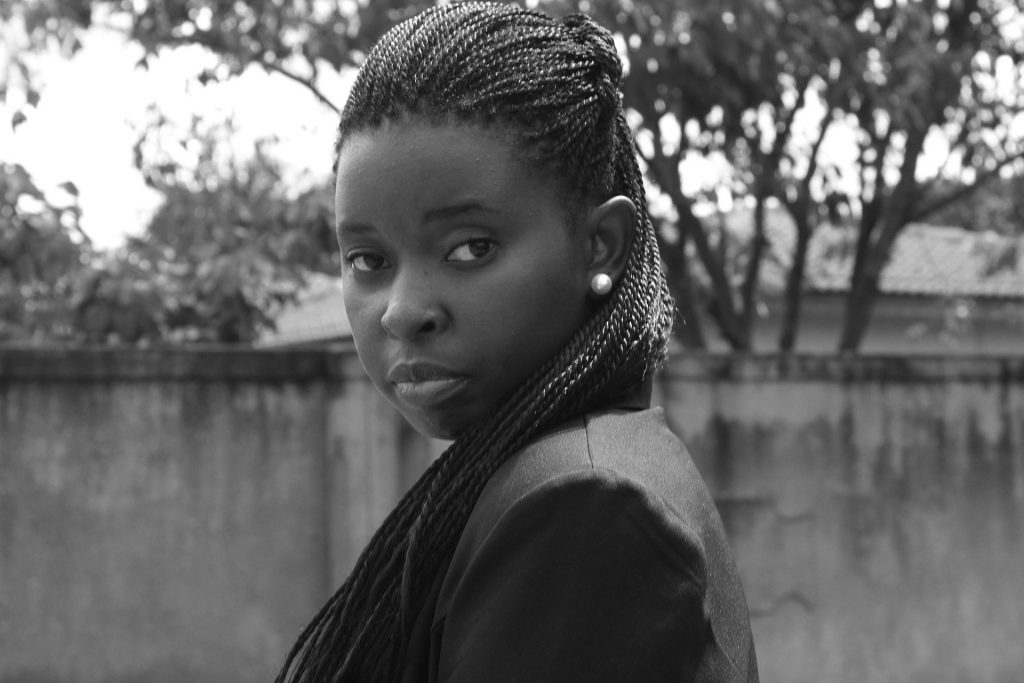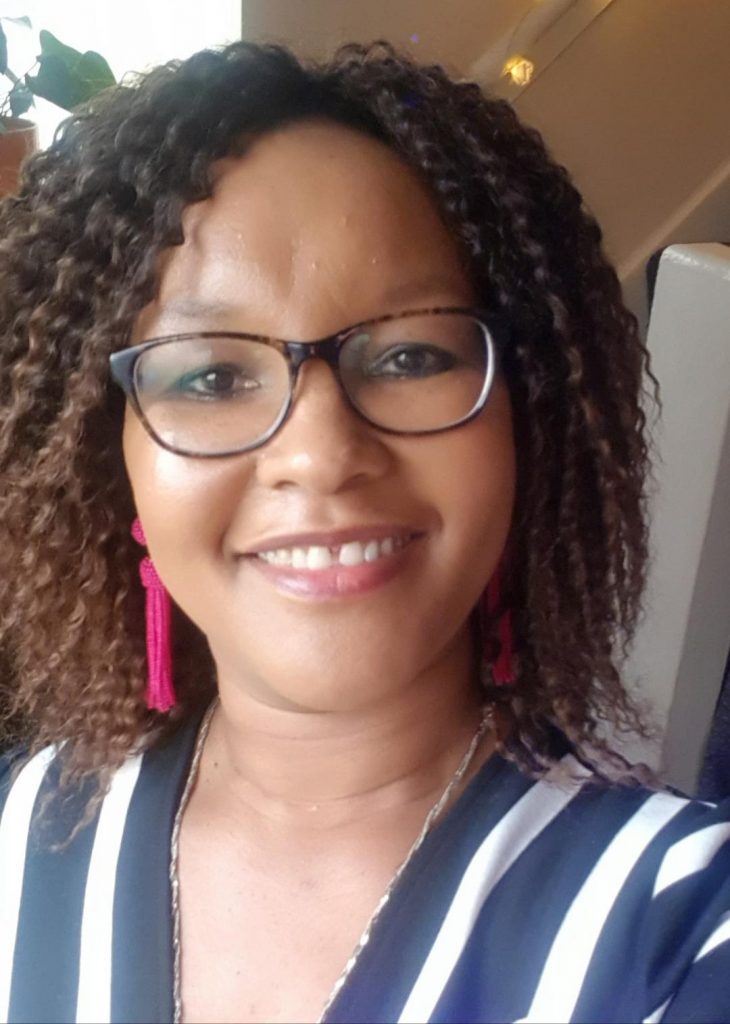Gender, race and foreignness
An intersectional exploration of skilled Black African women in the UK Labour Market

About the author
Lucy Ndlovu has an MA in Public Relations and Strategic Communication from Leeds Beckett Univeristy. This is a summary of the dissertation she submitted for this qualification.


Contemporary research studies into Black African women living in the UK rarely document the narrative through the lens of the lived experiences of those women. Rather than being viewed as a separate entity with unique variances driven by culture, religion, language, country of origin, or national identity, they are instead analysed as homogeneous set under the BAME (Black Asian minority Ethnic) banner. This approach has unfortunately meant that any nuanced insights on these specific women have been eclipsed and lost in the noise of BAME grouping.
Therefore, the main aim of this research was to explore the lived experiences of skilled Black African women living and working as professionals in the UK. The key question was to understand how they navigate life in the UK through their multifaceted lens made up of simultaneous identities of being black, of being of African heritage and of being a woman.
Research Objectives
- Identify the factors impacting the lives of Black African Women in the UK.
- Assess the existing labour markets legislations in the UK in relation to Migration and Equality and their impact.
- Analyse existing social support structures for these women in the workplaces and in the community.
- Identify what they need to enable them to thrive professionally and enable them to contribute in the society
- Propose recommendations and highlight their distinct characteristics that make them a significant group in the UK labour Market.
Rationale
I chose this topic firstly to focus on the ‘socio-cultural’ approach to public relations. This approach looks at themes such as race, gender, class, and ethics and how they interact with society.
Secondly, to examine and better understand my own lived experiences as a Black woman, of African heritage working in public relations – one the least diverse professions as stated by the CIPR state of the profession 2019 report , where ninety- two per cent of practitioners say they identify as ethnically white.
Finally, the disproportionately low level of BAME practitioners in the field has undesirable effects in society because there is an absence of ethnic perspectives, experiences and narratives that have not been recognised as valid form of discourse. My own experiences and as an ethnic minority woman working in the PR field shaped this research.
Expectation
When considering this study, it became clear from the outset that the scarcity of data that existed about Africans living in the UK would make this project a challenge. Therefore, this research would help address the gap and add new knowledge.
Approach
An analysis of the existing literature helped to identify key analytical concepts and theories and highlighted any gaps that existed on the topic. A variety of secondary sources were used.
A qualitative approach called autoethnography was also adopted to collect primary data. This approach enabled the author to share her own experiences and be directly involved with the participants. The population sample chosen were homogenous with key variables was based on a set criterion where all the participants were Black, African and skilled women residing in the UK.
Findings
During the months of June 2019 and August 2019, a total of 32 participants took part in the research project. There were 23 surveys sent, one focus group and three in-depth interviews. The three key themes identified are discussed below.
1. Immigrant discourse and trends in the UK
The period of arrival for most of the participants predates Brexit as most of them arrived between 1990 –2005 through the student route. The immigration laws allowed them to stay after graduation and seek employment. However, In the UK economic framing is more common in the reporting of migration instead of cultural integration of immigrants where until recently they are often accused of taking jobs and not contributing to the economy.
2.The power of stereotypes
Despite most the participants integrating into the UK labour market as highly skilled employees and some holding senior positions, the majority had faced both gender and racial discrimination. The main form of discrimination they dealt with were racial microaggressions. These were subtle and difficult to prove, but often involved negative, hostile, and derogatory insults. Racial stereotypes were identified as far worse than gender stereotypes with far reaching negative effects.
The findings supported the ongoing campaign on gender diversity in the workplace was more evident however, ethnic diversity was not tackled with the same emphasis.
3. Coping strategies to deal with barriers
Being exposed to a daily assault of racial microaggressions has major psychological implications and consequences and therefore to cope with this they had adopted coping strategies.
- Adopting and maintaining the Strong Black Woman (SBW) construct. The findings supported this research where most of them indicated that they remained ‘strong’,when faced with discrimination and chose not to complain or to report to protect themselves from humiliation or further marginalisation.
- They consciously pursued higher education with the expectation of earning more, to move up in social class and have a meaningful career. This was done as a way of challenging the stereotype narratives of them being ‘intellectually inferior’.
- All participants belonged to informal social support groups that helped them deal with the isolation they experienced at work where they felt invisible, often ignored by colleagues, and sometimes excluded from career opportunities.
Summary
Generally, Black African women are overlooked in race and gender research and there is seemingly a lack of research about them in the UK. The negative framing and narrative around immigrants has led to discrimination despite their level of education and their professional positions.
They often deal with racial stereotypes and microaggressions which most times are insidious and difficult to identify or call out. Negative stereotypes such as being less intellectual, less capable, and less suited for leadership are attributed to them and only goes to curtail their status in the workplace. Their overlapping and intersecting identities make the barriers and challenges complex.
Despite progress in representation of women in senior levels, parity remains out of reach for ethnic minority women on all levels and particularly black women.
Lack of clear ethnic diversity strategies has resulted in their underrepresentation as they face many obstacles much earlier in their careers and are rarely present in leadership positions or in boardrooms.